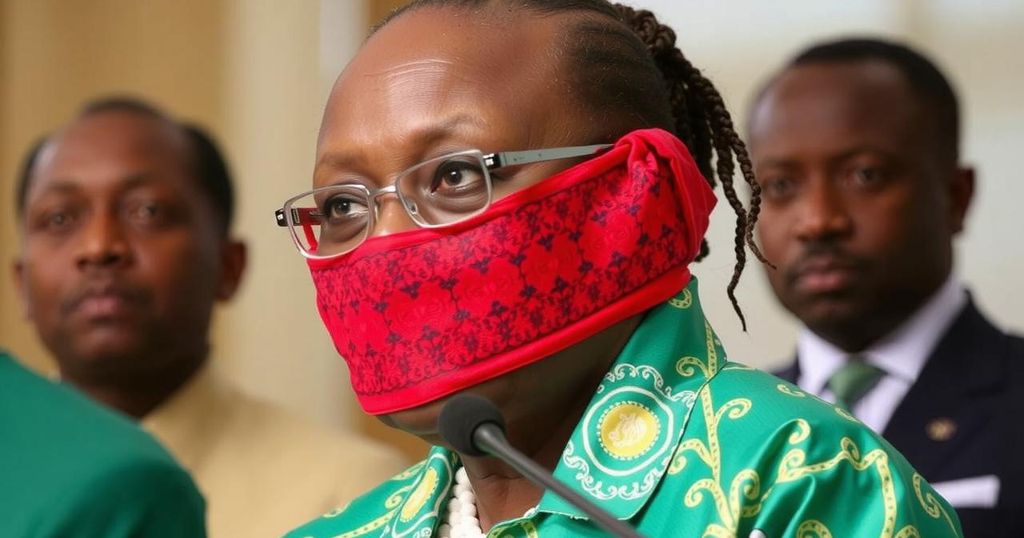Togo’s senatorial elections have been postponed to February 15 to give political actors time to organize themselves. Campaigning will begin on January 30. The elections are a significant step towards implementing a controversial new constitution, which has faced opposition boycott claims of a constitutional coup and concerns about President Gnassingbe retaining power.
Togo has officially postponed its inaugural senatorial elections to February 15, as indicated by a presidential decree released on Friday evening. The rescheduling aims to provide political stakeholders with additional time to prepare for the elections, with campaigning set to commence on January 30. This vote represents a critical step toward the realization of a new constitution, which has faced significant objections from opposition groups and civil society organizations.
Several political parties advocated for the delay, seeking extra time to finalize candidate registrations. Notably, however, certain influential opposition factions, including the National Alliance for Change (ANC), have expressed intentions to boycott the election, characterizing it as a facet of a “constitutional coup d’etat.” Established through constitutional amendments in 2002, the Senate has yet to convene and will consist of 61 members. Of these, 41 senators will be elected by regional and municipal councillors, while the remainder will be appointed directly by the president of the Council of Ministers.
The newly proposed constitution, which changes the direct election of the head of state to a parliamentary system, has been denounced as a strategy for President Faure Gnassingbe to maintain power indefinitely. President Gnassingbe, who has been in office since 2005 following his father’s lengthy rule, leads the ruling party, UNIR, which secured a dominant victory by winning 108 out of 113 seats in the legislative elections held in April 2024.
Togo’s political landscape is currently undergoing significant changes, fueled by a proposed new constitution that aims to restructure the governance model. The upcoming senatorial elections are pivotal not only in establishing the Senate but also in catalyzing the constitutional transition in Togo. Since the constitutional revision that created the Senate in 2002, there has been no action to convene it, making these elections particularly historic. The political climate is tense, with opposition parties voicing strong resistance against what they perceive as maneuvers to entrench the current regime.
In summary, Togo’s decision to delay its senatorial elections underscores the intricate dynamics of its political environment, shaped by the evolving constitutional framework. The elections, now scheduled for February 15, symbolize a crucial juncture in Togo’s governance and the ongoing struggle between the ruling party and opposition factions. As the political drama unfolds, the outcomes will significantly influence the future governance of Togo.
Original Source: www.barrons.com






